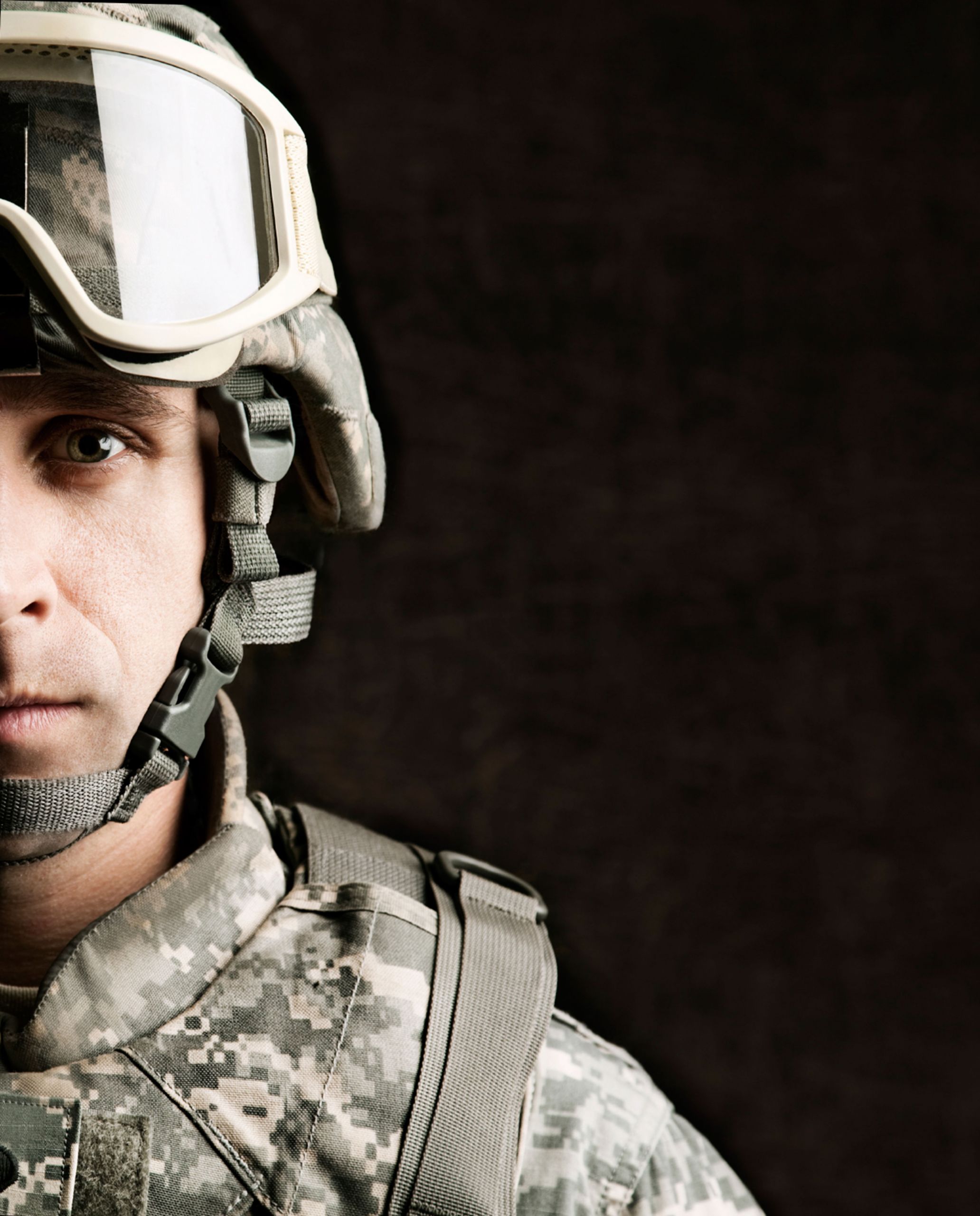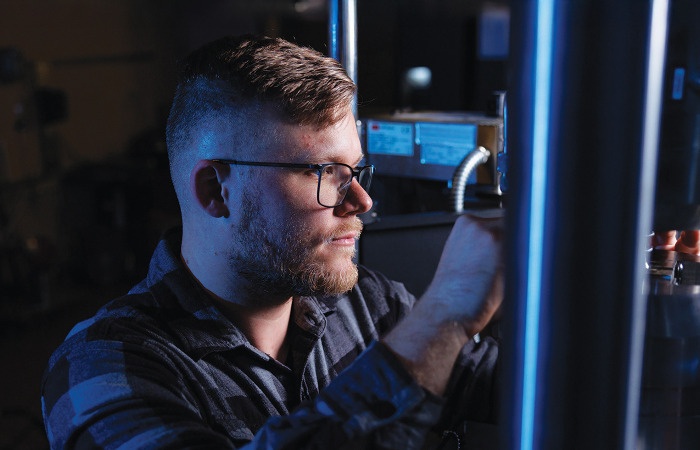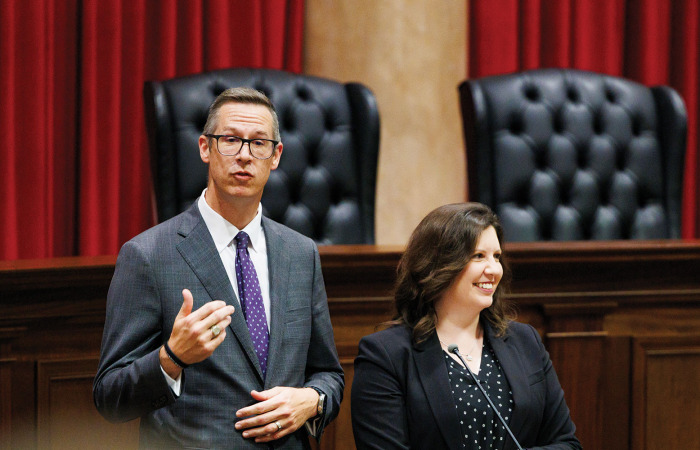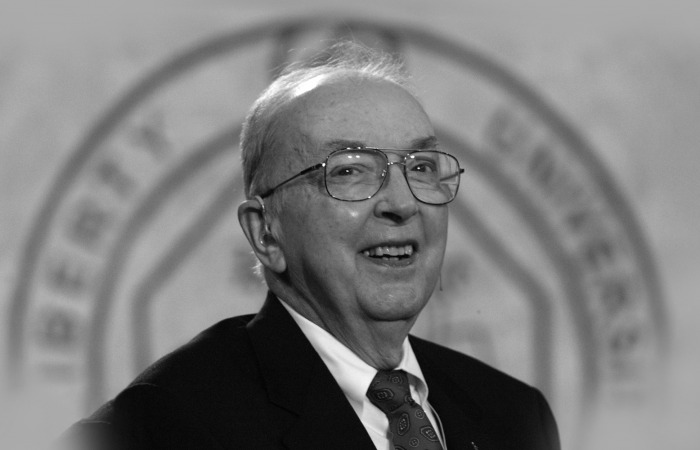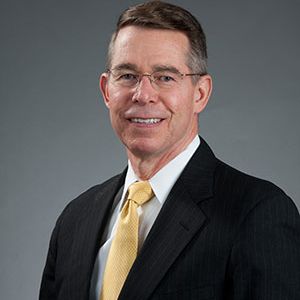
Army Major Gen. Bob Dees
As a decade of U.S. involvement in Middle Eastern wars grinds to a conclusion, America could face another epic battle on its homefront.
How will the United States reincorporate its stress-wounded warriors into its communities, its families, and its workplaces?
That is a question that retired U.S. Army Major Gen. Bob Dees has been grappling with as he helps develop Liberty University’s groundbreaking Institute of Military Resilience. After serving 31 years in the U.S. Army in various capacities, Dees is familiar with the insidious nature of Post Traumatic Stress Disorder (PTSD), a life-altering, psychological disruption experienced by many fighting men and women subjected to the horrific images and experiences of war.
On Veterans Day 2011, Liberty announced the formation of the institute, which will be a key player in developing faith-based resilience programs to address the challenges of PTSD and other related military mental and behavioral health issues.
“Liberty leadership has a heart for the military,” said Liberty University Chancellor and President Jerry Falwell, Jr. “Because of its Christian heritage and growth in its academic offerings, Liberty University is proud to be able to contribute to these national challenges.”
When the program hits full stride, Liberty plans to work with other universities and non-academic institutions, such as the U.S. Department of Defense, in developing faith-based resilience programs to counter PTSD and other mental and behavioral health issues, such as suicide, family dysfunction, domestic violence, and difficulty transitioning to civilian life.
Dees’ familiarity with PTSD, a condition medically identified in 1980, comes after a three-decade military career as a leader of troops facing life-and-death situations.
“In the last decade, since retirement, I have seen the growing mental and behavioral health challenges in our military,” Dees said. “I have put my shoulder to that wheel to understand and help educate others in helping troops and families deal with these issues, including the debilitating impacts of PTSD.”
In line with these efforts, Dees recently conducted a seminar for Liberty faculty regarding “Educating and Empowering Military Students.” He has also outlined his thoughts on trauma in a book titled “Resilient Warriors,” which is currently used as a textbook in Liberty’s psychology and counseling programs.
He said Liberty’s strong academic core bolstered by Christian-based education serves as a perfect environment to explore remedies and education for individuals, families, communities, and employers seeking to help military personnel.
This year, Liberty has more than 20,000 military students, which represent about one-third of the total students enrolled in the school’s online education program. Liberty’s Military Affairs Office provides program expertise and compassionate outreach to this military student population.
Liberty is also one of the chief providers of military chaplains for the U.S. Military.
The Institute of Military Resilience is integrated within the Center of Counseling and Family Studies at Liberty University. Liberty recently announced a massive expansion to its Health Sciences program and the addition of a new College of Osteopathic Medicine, offering even greater potential for Liberty to become a center of excellence to address the most pervasive military mental health challenges.
“The faith element has often been left out of the equation,” Dees said. “Liberty seeks to fully leverage faith on behalf of our nation’s warriors. The real questions are ‘How will they put on the Armor of God?’ and ‘How will they experience help, hope, and healing through Jesus Christ?'”
